Rain, warm weather bring mowing challenges to Colorado Springs area
COLORADO SPRINGS, Colo. (KRDO) -- The wet spring of 2015 caused many local mowing crews to fall behind, and a similar situation has developed this year after consistent spring and summer rain.
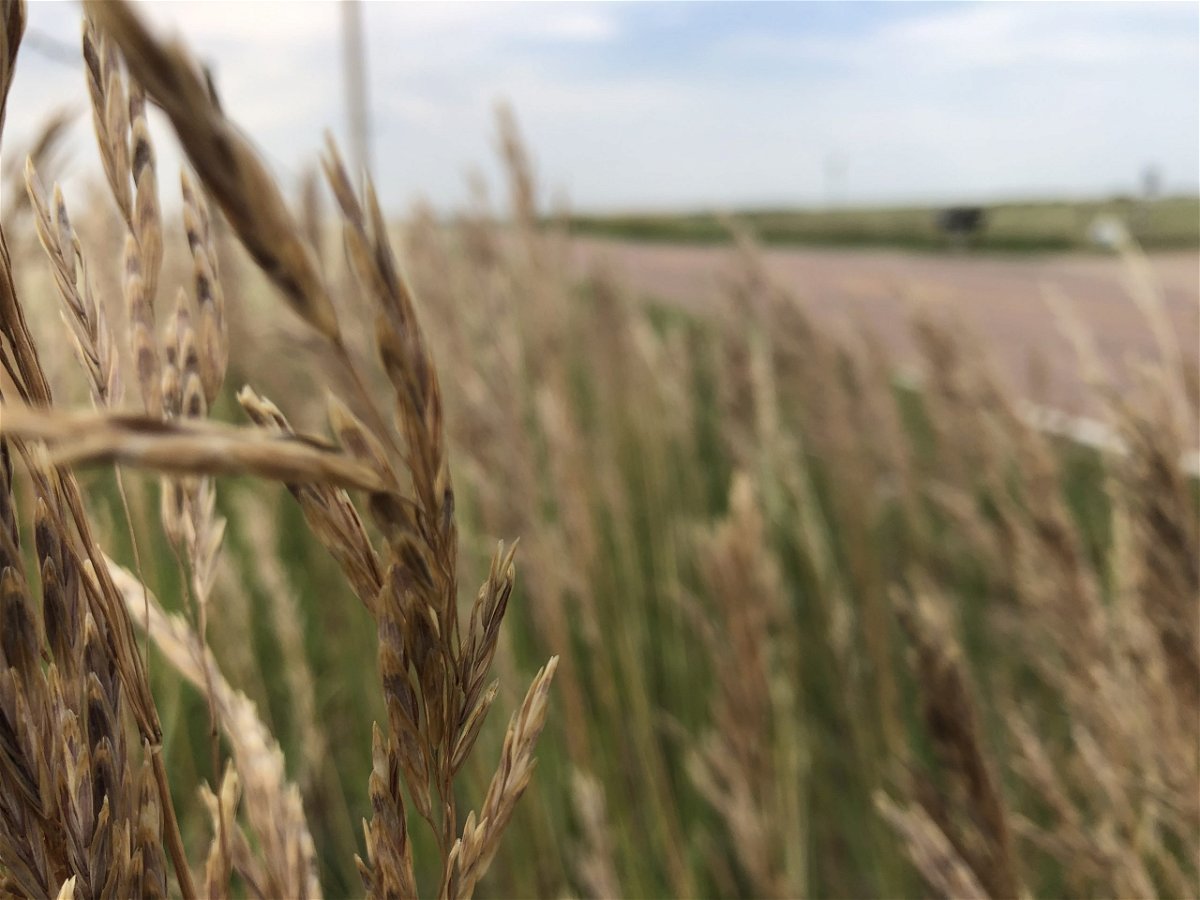
El Paso County crews are several weeks behind in mowing high, thick grasses and weeds in public areas.
"We're probably a few weeks behind," said Jamie Haas, a county maintenance foreman. "But we're catching up because we have crews working overtime on Fridays and Saturdays. We're also training some of our new employees on mowing. It helps that people are willing to volunteer to work overtime."
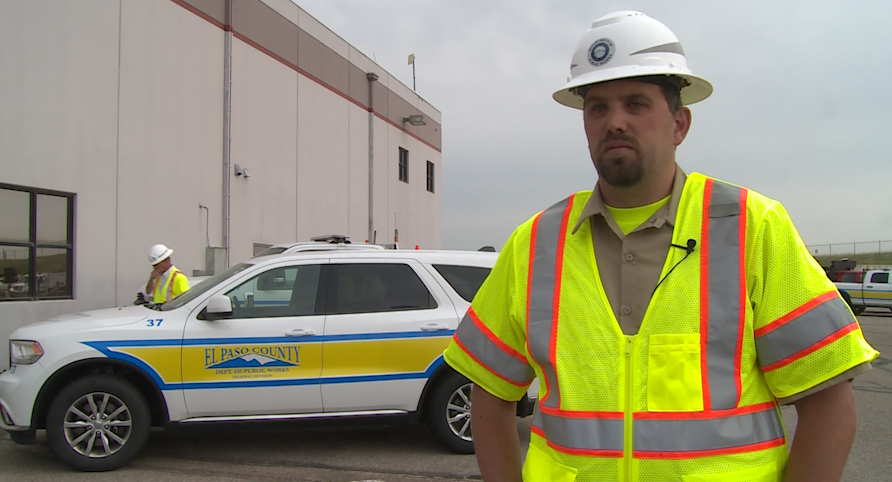
Haas said that the county has only three crews assigned to mowing Monday through Thursday.
"We normally do two complete passes every year of everything that we mow," he said. "This year, it's the middle of July and we still haven't finished out first pass yet. We're about 70% finished with it. The growth rates we're seeing because of the rain and warm temperatures is amazing."
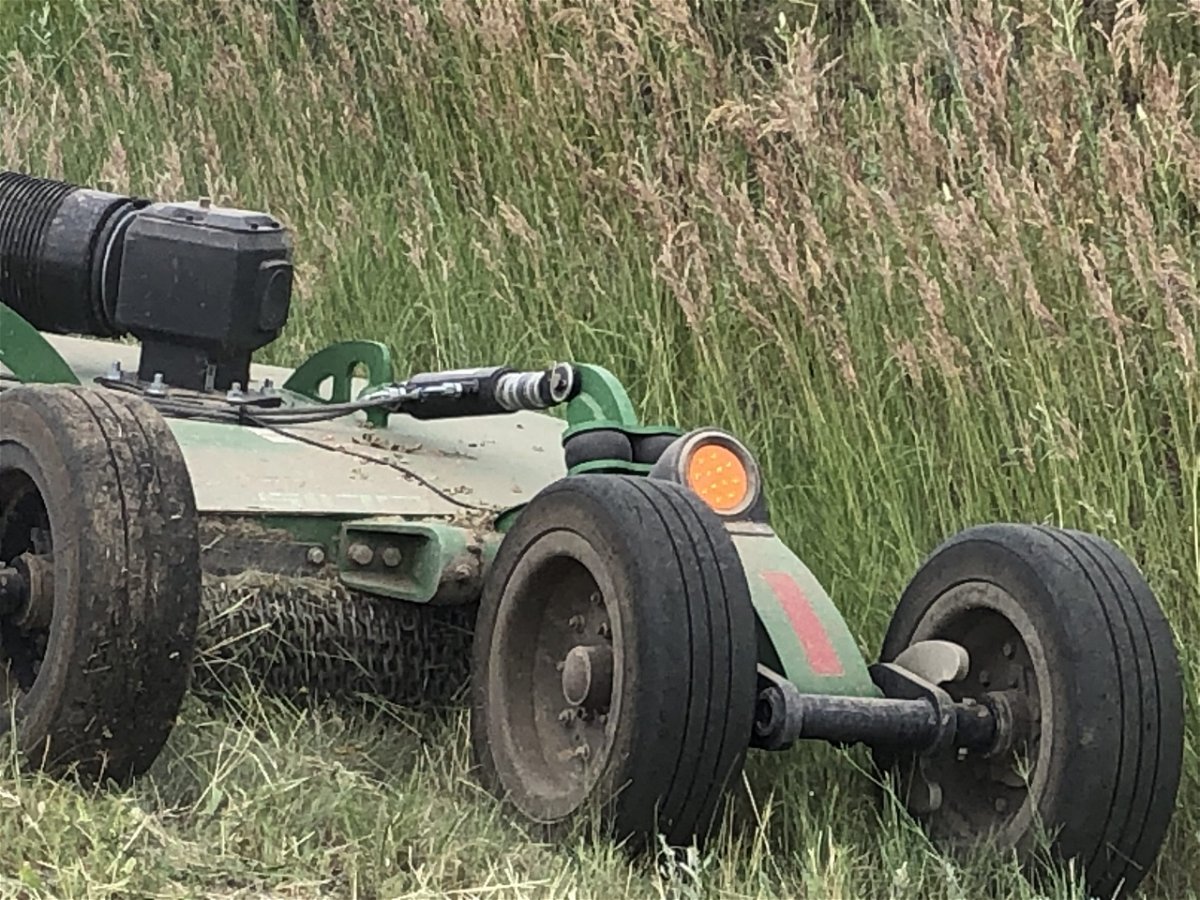
Haas said that mowing can can be especially challenging because of signs and other obstacles to maneuver around, and trash and debris that mowers can't see and can damage equipment.
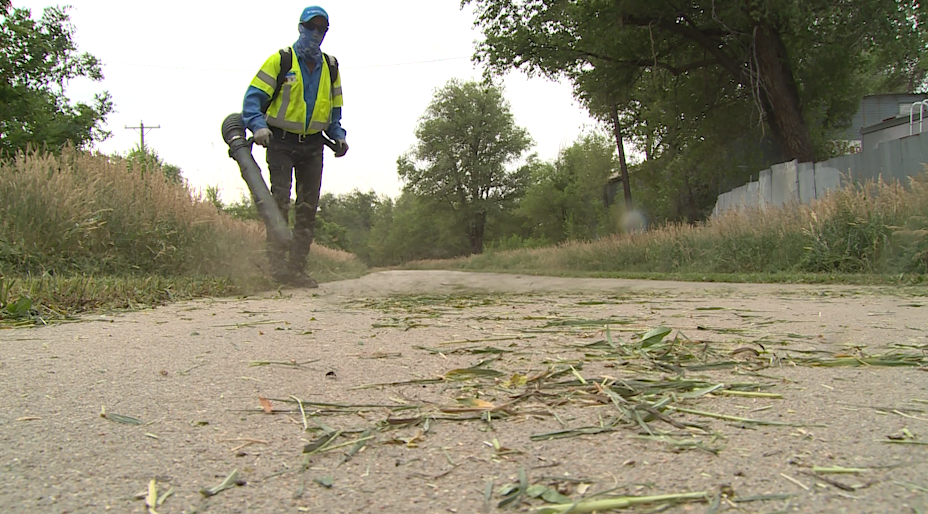
"There's also danger from passing traffic that is speeding or doesn't give our crews enough room to work safely," he said. "And mowing at intersections helps eliminate anything that may obstruct the view for drivers."
The county is asking drivers to be patient as mowers catch up on their backlog of work.
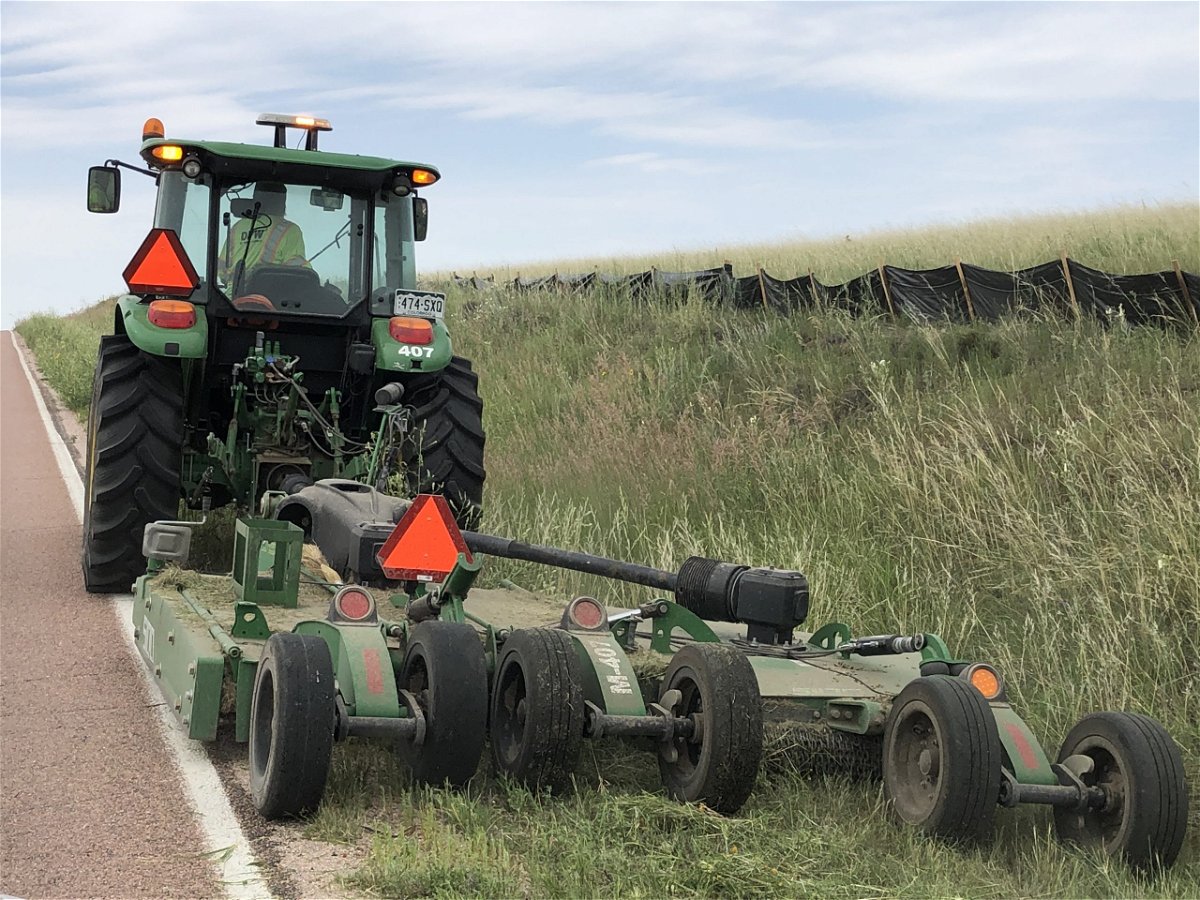
"We've seen that some property owners out in the county have mowed the public areas along the roads where they live," Haas said.
The city also has only a few crews that focus on mowing along trails, and in parks and open spaces; a contractor covers other mowing duties.
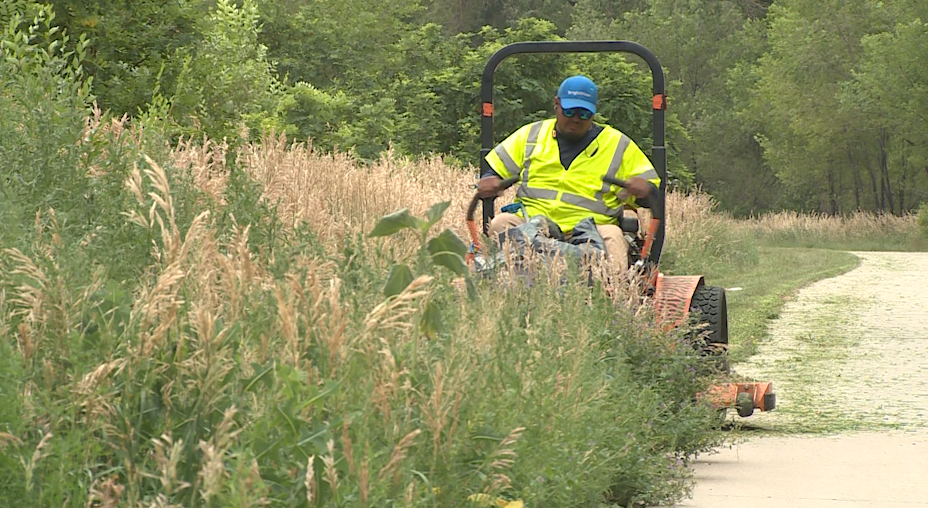
"We haven't finished our first pass yet, either," said Scott Abbott, a city parks manager. "Normally, we would have done that by mid-June. "With the weather, seasonal staffing shortages and equipment issues, mowing has really been a challenge."
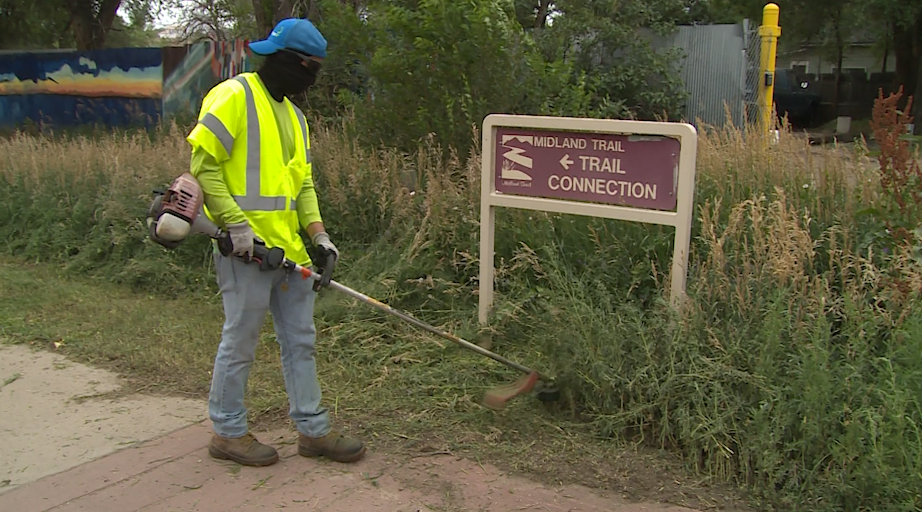
The Colorado Department of Transportation said that it is mowing more often because of the increased vegetation, but has been able to avoid falling behind.
Meanwhile, the weather and economy have produced mixed results for private mowing companies in the area. Some say they're mowing at least three times more often than they normally do, while others are mowing less because of a lack of workers.
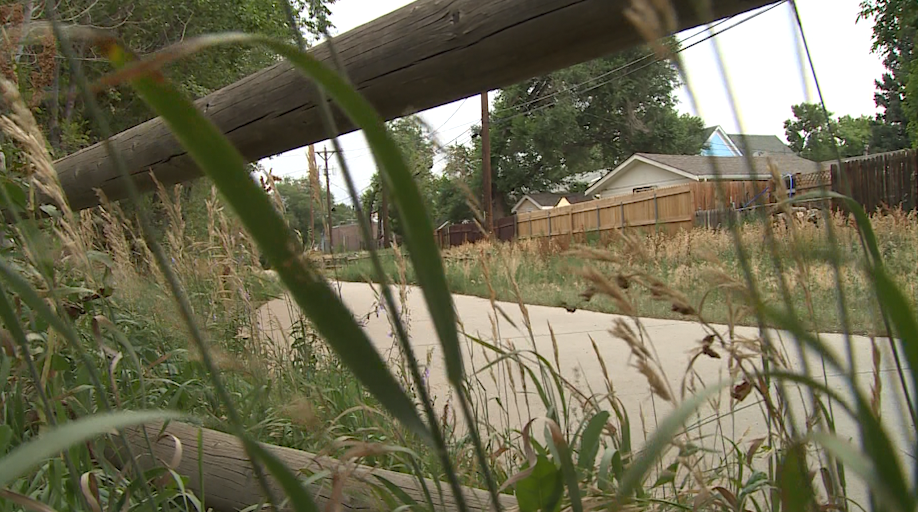
The more that can be mowed now, the less that can become potential fire fuel once the vegetation dries out.
